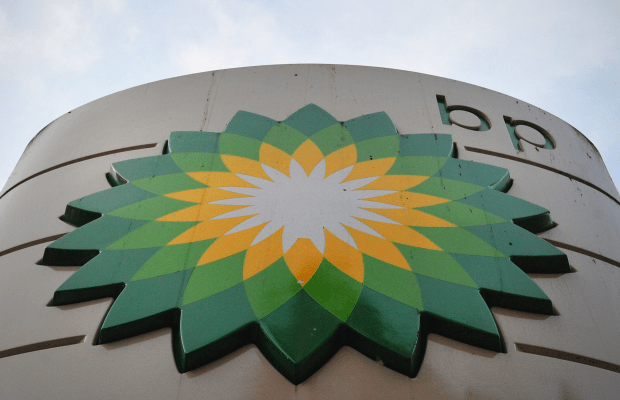Weak oil prices and hurricanes push BP to $750m loss

Lower oil prices and hurricanes knocked BP to a $749m loss in the third quarter, the energy giant revealed today as chief executive Bob Dudley prepared to bow out.
Read more: Saudi Aramco insiders say the kingdom has set a date for the IPO
The figures
BP fell to a $749m loss in the three months to the end of 2019, down from a profit of $3.35bn this time last year.
Operating cash flow stood at $6.5bn in the third quarter, excluding Gulf of Mexico oil spill payments.
Oil and gas production for the quarter averaged 3.7m barrels of oil a day, comared to 3.6m a year ago.
Net debt also rose 21 per cent with BP’s debt pile building to $46.5bn from $38.5bn a year ago.
It also confirmed a dividend of 10.25 cents during the quarter, in line with last year.
Why it’s interesting
BP still beat analyst expectations despite its poor profit showing, as its chief executive prepares to hand over the reins to Upstream boss Bernard Looney in March.
The oil behemoth topped expectations for income to hit $1.8bn, with numbers well above that at $2.25bn.
Meanwhile profits were sunk by a tax charge of $2.6bn amid weaker oil prices and Hurricane Barry, which hit BP’s Gulf of Mexico operations.
BP’s share price dropped 2.5 per cent to 499.3p in early trading.
“Today’s numbers weren’t expected to come in close to the levels seen in the second quarter given the decline in oil prices seen since then,” said CMC Markets chief analyst Michael Hewson.
“However they still show a company that is nimbler and more efficient than it was a decade ago.”
Richard Hunter, head of markets at Interactive Investor, said that while it was “not BP’s finest quarter”, an average oil price of $62 last quarter held the firm back, compared to last year’s $75 price.
“While this puts an immediate strain on profit, the level is comfortably above the $55 per barrel number which BP uses as a yardstick to break even,” Hunter added.
“In addition, ongoing maintenance and Hurricane Barry affected Upstream operations in particular, where earnings were sharply lower.”
While BP set aside $400m to deal with its historic Gulf of Mexico oil spill, net debt’s 21 per cent climb will also alarm investors, Hunter said.
“[Net debt] remains an uncomfortable metric which BP is looking to reduce to the middle of its forecast range, largely through asset disposals which are ongoing,” he said.
BP’s challenge is to return cash flow to investors, according to Hargreaves Lansdown equity analyst Nicholas Hyett.
“Unfortunately for shareholders a couple of things stand in the way at the moment,” he said. “The first is the ongoing cost of the Gulf of Mexico oil spill… The second is BP’s increased level of debt, which is now some way above the company’s long run target.”
BP is set to dispose of various assets to try to wrestle debt under control by mid-2020.
Read more: BP chief executive Bob Dudley to retire, with successor swimming Upstream
What BP said
Bob Dudley, outgoing group chief executive, said:
BP delivered strong operating cash flow and underlying earnings in a quarter that saw lower oil and gas prices and significant hurricane impacts. Our focus remains firmly on maintaining financial discipline and delivering safe and reliable operations throughout BP. We’re also continuing to advance our strategy, making strong progress with our divestment plans and building exciting new opportunities in fast-growing downstream markets in Asia.